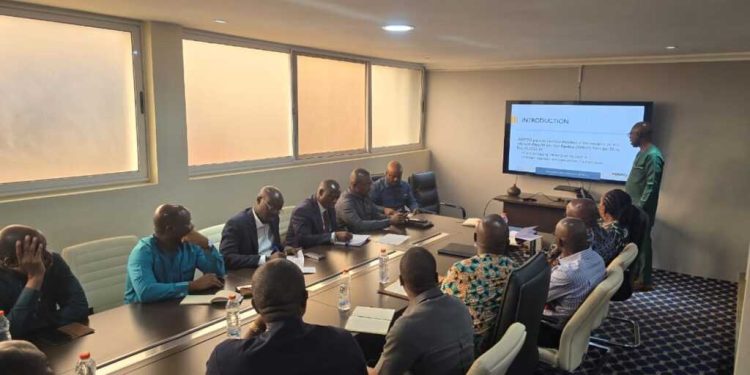WAPCo Postpones Pipeline Maintenance to Prevent Power Crisis Amid Fuel Shortage

- WAPCo has postponed its scheduled pipeline maintenance for two weeks
- The postponement is to prevent a potential power crisis in Ghana
- This decision follows intense discussions spearheaded by a technical committee formed by Chief of Staff Julius Debrah
The West African Gas Pipeline Company (WAPCo) has postponed its scheduled pipeline maintenance for two weeks in a bid to prevent a potential power crisis in Ghana.
This decision follows intense discussions spearheaded by a technical committee formed by Chief of Staff Julius Debrah, aimed at addressing the growing energy challenge.
The maintenance, originally set to begin this week, was identified by the Ghana Grid Company (GRIDCo) as a significant threat to the country’s power supply. GRIDCo warned that the combined issues of fuel shortages for thermal plants and a disruption in the gas supply from WAPCo’s pipeline could severely impact Ghana’s electricity generation capacity.
At a crucial meeting with WAPCo representatives, GRIDCo officials, and members of the technical committee, stakeholders expressed concerns about the potential re-emergence of power outages, which could disrupt both businesses and households nationwide.
As a result of the discussions, WAPCo agreed to delay the maintenance, granting the government and energy authorities additional time to secure alternative fuel sources and stabilize electricity generation.
Background on the Maintenance and Fuel Shortages
WAPCo’s pipeline is crucial for transporting natural gas from Nigeria to Ghana, Togo, and Benin. The scheduled maintenance is necessary for the pipeline’s long-term safety and operational efficiency. However, any interruption to the gas supply can have serious consequences for Ghana’s thermal power plants, which rely heavily on this fuel source.
In addition to the pipeline maintenance issue, Ghana is currently facing a fuel supply deficit, which has further strained the country’s power sector. To mitigate this, efforts are underway to import additional light crude oil and liquefied natural gas (LNG) to address the gas supply shortfall.
The government, along with key stakeholders, is fast-tracking fuel imports and working on contingency plans to maintain power supply during the eventual maintenance period.





